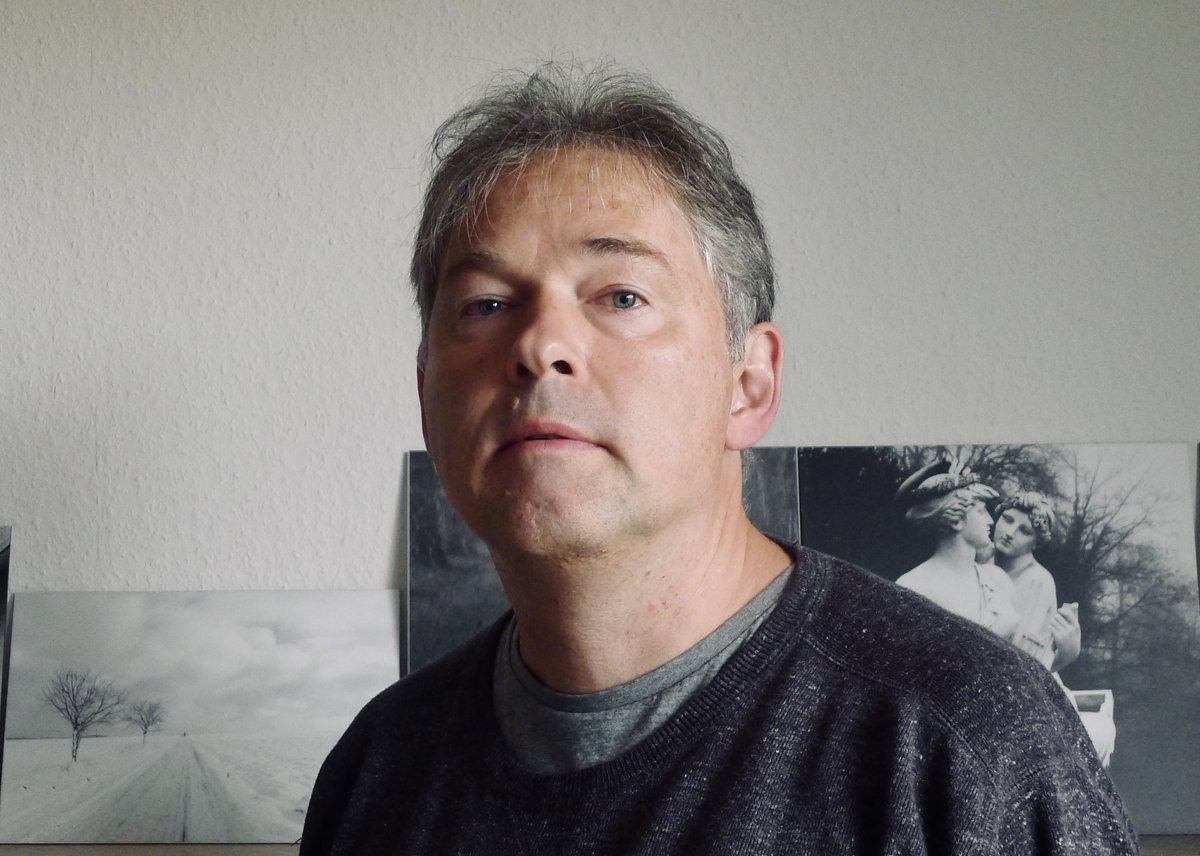
Prof. Dr. Jacob Rosenthal
Professor for Practical Philosophy with a focus on ethics, moral philosophy and its foundations
About
After graduating in mathematics and computer science at the University of Würzburg I studied philosophy and did my PhD at the University of Konstanz. Then I worked as a (non-tenure-track) assistant professor at the University of Bonn, where I also did my “Habilitation”. Since 2013, I work at the Department of Philosophy at the University of Konstanz. My areas of competence and fields of interest are the philosophy of action, moral philosophy, philosophy of science, and some epistemology. In particular:
Free Will
Actually, I do not like the term “free will” very much. It often confuses issues that would better be addressed without it. In my “habilitation thesis” I examined the case for incompatibilism at different levels or for different phenomena: action, choice, deliberation, acting from reasons, normativity, moral responsibility. For each of these, there are prima facie reasons to think that they are not compatible with determinism, and for each there are compatibilist responses. To my mind, the case for incompatibilism is strongest for decision or choice, and therefore also for deliberation between options. An agent who has to make a choice cannot at the same time think of her- or himself as being determined in that respect. This, I think, is the true core of incompatibilism, but I am sceptical about the prospects of libertarianism. These and several other issues are discussed in the book Entscheidung, Rationalität und Determinismus (De Gruyter, Berlin 2017), written in German.
My main compatibilist inclinations are addressed in two systematic papers and in a historical paper, the latter co-authored with Corinna Mieth:
"Conditional Analyses of Options for Action: A Partial Defence". Theoria 89, 2023, 548–563. Link
"Libertarianism and the Problem of Clear Cases". Grazer Philosophische Studien 96, 2019, 518–540. [draft]
“Freedom Must be Presupposed as a Property of the Will of All Rational Beings. A Comment on GMS III, 447f.” In: Christoph Horn and Dieter Schönecker (eds.): Groundwork for the Metaphysics of Morals. De Gruyter 2006, 247–284. [draft]
Moral Philosophy
In moral philosophy there is a paper on Kant's formula of humanity, co-authored with Corinna Mieth:
Blind Spots in the Formula of Humanity: What Does it Mean not to Treat Someone as an End? In: Christoph Horn und Robinson dos Santos (Hrsg.): Kant’s Theory of Value. Kantstudien-Ergänzungshefte Vol. 219, De Gruyter, Berlin/Boston 2022, 89–104. [draft]
Everything else I have written in moral philosophy is in German. In particular, there are criticisms of different attempts to provide objectivist foundations for morality. While these papers are negative in spirit, I still hope that the claims morality makes upon us and the atmosphere of special authority and inevitability that surrounds them can be justified in a robust and at the same time illuminating way.
Objective Probability
In my PhD thesis I examined various conceptions of objective probability, with a focus on propensity accounts. Since then, I am primarily interested in the method of arbitrary functions and conceptions of probability related to it. There is no established English label for them, and there are quite different varieties, but I think that some such account offers very good prospects for a conception of probability that is objective (or nearly enough so) and at the same time avoids the problems of propensity and frequency theories. I have written three (interconnected and overlapping) papers about that:
“Johannes von Kries’s Range Conception, the Method of Arbitrary Functions and Related Modern Approaches to Probability”. Journal for General Philosophy of Science 47, 2016, 151–170. [draft]
“Probabilities as Ratios of Ranges in Initial-State Spaces”. Journal of Logic, Language and Information 21, 2012, 217–236. [draft]
“The Natural-Range Conception of Probability”. In: Gerhard Ernst and Andreas Hüttemann (eds.): Time, Chance and Reduction. Philosophical Aspects of Statistical Mechanics. Cambridge University Press 2010, 71–91. [draft]
My work on the propensity theory of probability is mainly contained in the book Wahrscheinlichkeiten als Tendenzen. Eine Untersuchung objektiver Wahrscheinlichkeitsbegriffe (mentis Verlag 2004), which is written in German. There is, however, a short paper on Karl Popper’s original version of the propensity theory that also touches on my qualms with the approach as a whole:
“Karl Popper’s Propensity Interpretation of Probability”. In: Ian Jarvie, Karl Milford and David Miller (eds.): Karl Popper – A Centenary Assessment, Volume III: Science. Ashgate Publishing 2006, 105–112. [draft]
Epistemology
Along with the philosophy of science, I am interested in certain areas of epistemology. Here is what I think about experimental philosophy:
“Experimental Philosophy Is Useful – But not in a Specific Way”. In: Christoph Lütge, Hannes Rusch and Matthias Uhl (eds.): Experimental Ethics. Toward an Empirical Moral Philosophy. Palgrave Macmillan 2014, 211–226. [draft]
Like many other people, I thought I had a solution when I first learnt about the Gettier problem. It is presented here, dealing with Keith Lehrer’s account:
“On Lehrer’s Solution to the Gettier Problem”. In: Erik Olsson (ed.): The Epistemology of Keith Lehrer. Kluwer Academic Publishers 2003, 253–259. [draft]
I no longer think it works, at least as it stands. It has to be interpreted or applied in a certain way to deal with certain counterexamples. Perhaps something along its lines can be made to work.
Recent and Upcoming Talks
- Zur Bedeutung von Kants Moralphilosophie. Die Aktualität der Philosophie Kants. Philosophische Vorträge anlässlich des 300. Geburtstags von Immanuel Kant, Konstanz, April 2024
- Gödel on Decision Making and Freedom of the Will. Workshop on Gödel´s Notebooks, Hegne, Januar 2024
- Zur Fundierung von Moral durch Empathie. Die Konzeptionen von Colin Marshall und Christoph Fehige. Workshop Empathie a priori? Christoph Fehiges Mitleidsethik, Konstanz, September 2023
- Options, Determinism, and the Conditional Analysis. Philosophy of Science Colloquium, Cologne, May 2023
- Comment on Wayne Myrvold's "Beyond Chance and Credence. A Theory of Hybrid Probabilities." 119th Annual Meeting of the American Philosophical Association, Eastern Division, Montreal, January 2023
See the German website for a full publication record.
